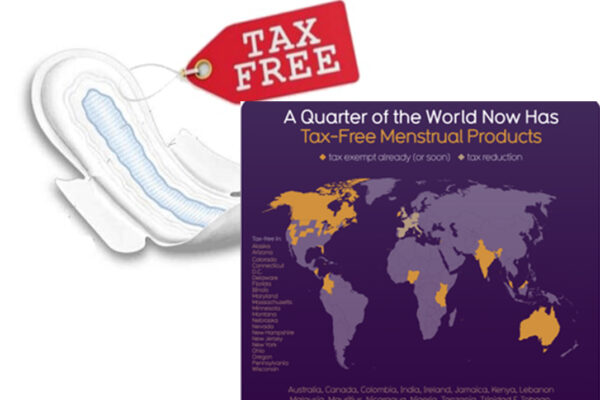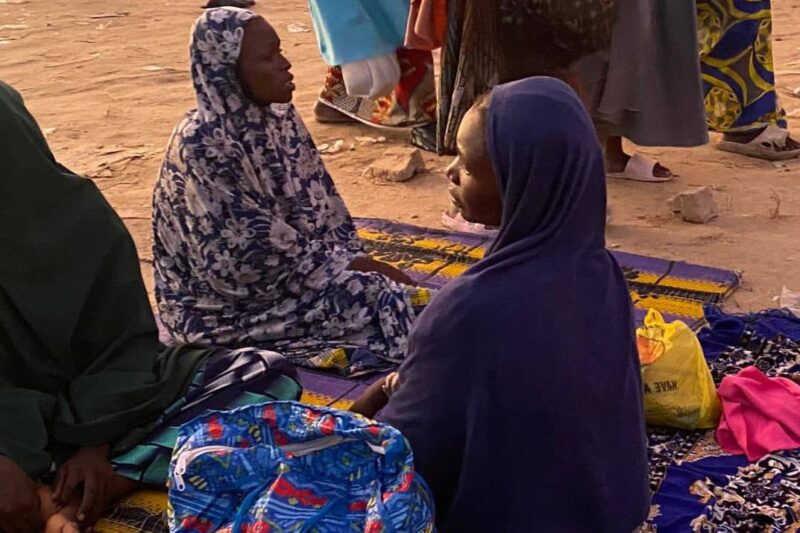Nigeria’s government announced tax-free policy on sanitary pads. The decision will make them more available and affordable for millions of women. The initiative was disclosed by the Minister of Women Affairs and Social Development, Imaan Sulaiman-Ibrahim, in Abuja, the nation’s capital on Sunday, August 16. Maryam Keshinro, representing the minister, noted that women aged 15 to 49 constitute about 25 percent of the country’s population, meaning tens of millions of Nigerian women manage menstruation monthly.
Addressing Menstrual health as a national development issue
“Alarmingly, 15 percent of girls aged 15 to 19 are already mothers or pregnant, and over 7.3 million adolescent girls and women suffer from undernutrition,” she said. Maryam Keshinro emphasized that these realities further justify the urgency of the national policy validation, adding that menstrual health is not just a women’s issue but a family, community, and national development issue. “Every month, from bustling cities like Lagos, Abuja, Port Harcourt, and Kano to remote villages in Borno, Benue, Cross River, and Sokoto, as well as IDP camps in Maiduguri, Zamfara, and Adamawa, millions of women and girls experience menstruation,” she explained.
 High cost for Conflict-Affected Women
High cost for Conflict-Affected Women
Falmata Ali, a young, displaced woman at the Muna IDPs camp, described the tax removal on sanitary pads as a step in the right direction, “before the recent aid cut, we used to receive sanitary pads monthly from humanitarian organizations. Now, we spend not less than N2,000 monthly on sanitary pads, and many of us can’t afford it.“
Pieces of cloth to manage menstruation.
Hafsat Mohammed, a middle-aged woman, said that “women who can’t afford to buy sanitary pads mostly use pieces of cloth to manage their monthly flow, which is unhygienic and harmful”. However, she believes that when fully implemented, the tax removal on sanitary pads would go a long way in improving the health conditions of vulnerable women in the internal displaced camps.









